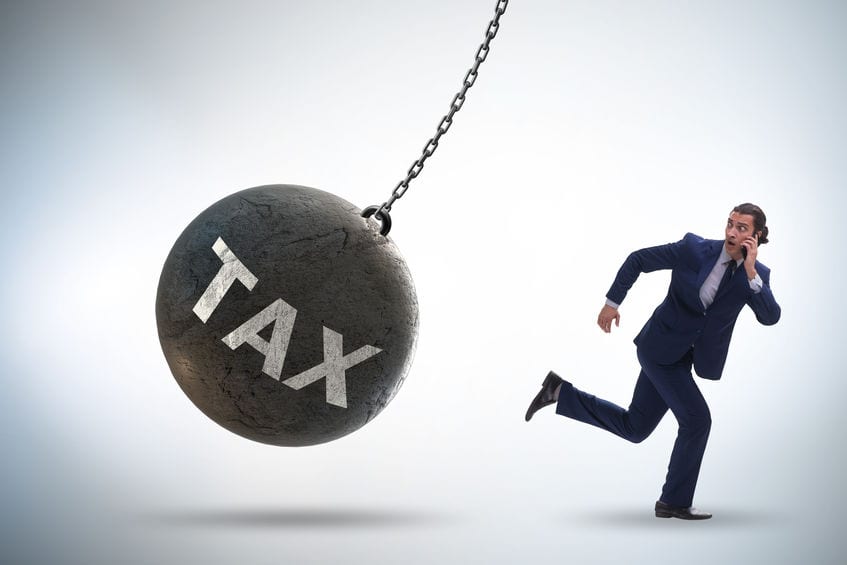In most cases, the IRS will not send a tax refund to individuals owing back taxes. However, if the refund amount exceeds the amount owed, the IRS will send any remaining refund to the taxpayer after the tax debt is settled.
For example, if John owed $2,500 to the IRS in federal taxes but is eligible for a tax refund of $3,500, the IRS will apply $2,500 to settle his tax debt and issue him a refund check for $1,000. The IRS will also inform John he no longer has a tax debt with the IRS.
What is the Treasury Offset Program?
The IRS’s Treasury Offset Program sets guidelines for paying off a tax debt before a tax refund can be issued. In addition to applying refunds to a taxpayer’s federal tax debts, TOP can also use refunds to pay past due state taxes, federal student loans or child support debt.
IRS Notification of Withholding Tax Refunds
Once your federal taxes are processed by the IRS and they discover you are eligible for a tax refund but owe back taxes, they will notify you via postal mail that your tax refund is being withheld. The IRS will never email you with information about your tax refund or taxes in general. The notification letter will show the full amount of the tax refund and how much the IRS is withholding. The letter will also show whether the tax refund withheld was applied to your tax debt, child support debt or state tax debt.
Are Full Tax Refunds Issued to Taxpayers Already Making Payments on a Tax Debt?
No, the IRS will not issue a full or partial tax refund until the taxpayer has settled their full tax debt. Individuals making regular monthly payments towards their tax debt must continue abiding by the installment agreement if the tax refund does not eliminate the tax debt.
Are There Any Exceptions to Tax Refund Eligibility for Taxpayers with Tax Debts?
In some cases, a taxpayer may qualify for a hardship request. If you can prove you are suffering from extreme financial hardship and need the refund to pay for rent, food, medical expenses or other essential life items, the IRS may designate you as “currently not collectible.” If you prove your financial hardship is genuine, the IRS may issue the entirety of your refund. However, be aware that the IRS does not consider credit card payments, personal loan payments or miscellaneous expenses as essential liabilities.
How Can Someone Settle Their Tax Debt for Less When a Tax Refund Doesn’t Cover the Full Amount Owed?
The IRS offers several ways to pay off your tax debt with the Fresh Start Program, such as settling your tax debt for less with an Offer in Compromise or paying off your tax debt over a number of years with monthly payment plans.
Wiztax is here to help you with tax relief and resolution services to quickly and easily settle your tax debt so you can start receiving the full amount of your yearly tax refund. Start by answering a few simple tax questions to instantly see your Offer in Compromise settlement amount, whether you qualify for Hardship Status, and your monthly payment plan options. Wiztax will fill out all IRS forms for you, and a Wiztax Expert with decades of Tax Law and IRS Experience will review everything with you before you file.
Join our Newsletter
Enter your email address to join our free newsletter. Get all the latest news and updates.

